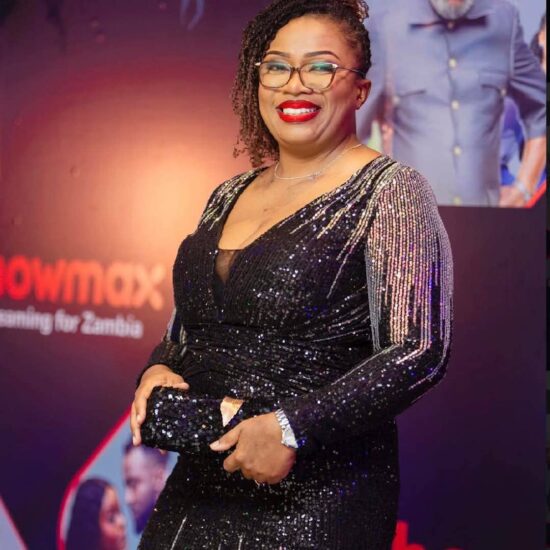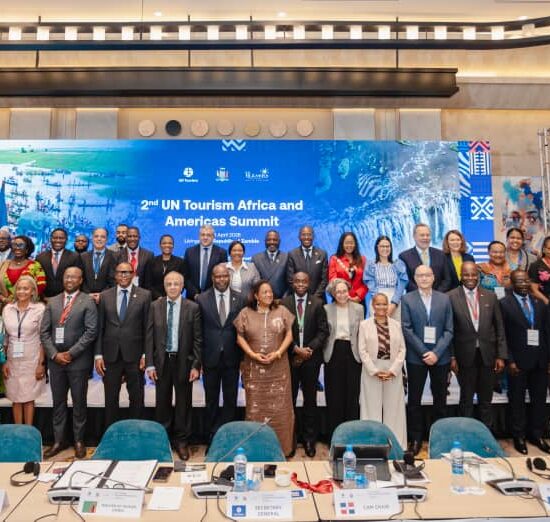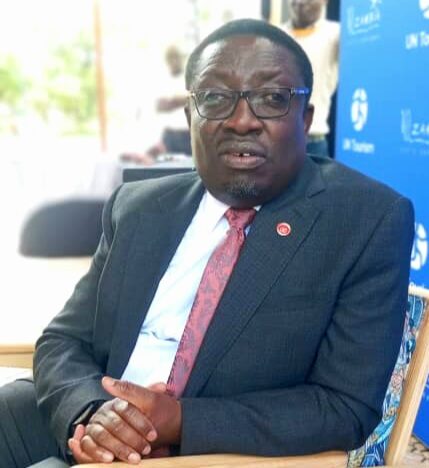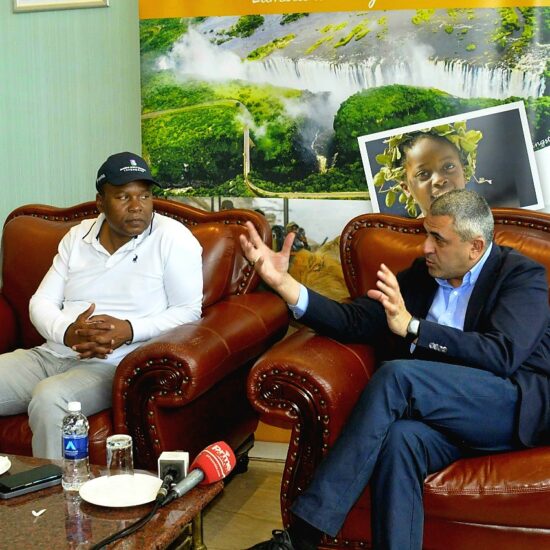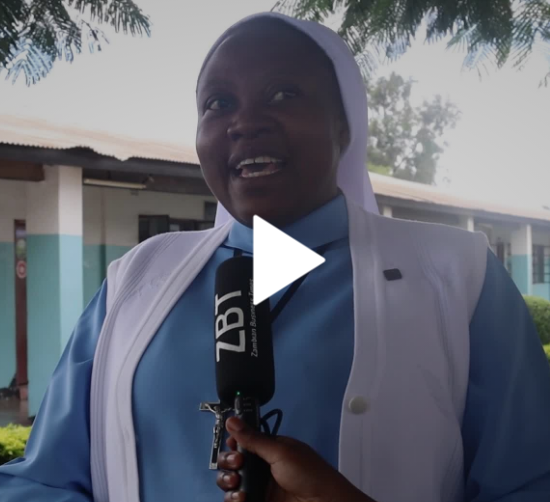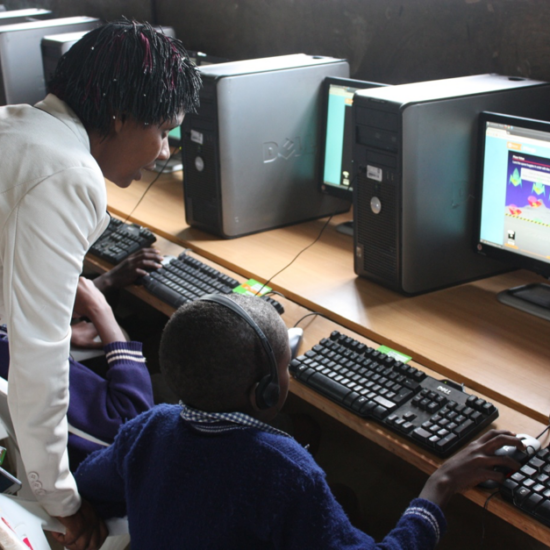
In 2020, ENGIE Energy Access (EEA) Zambia, formerly Fenix International, successfully partnered with BURN to bring to the Zambian market the Fenix Mbaula, an efficient charcoal cookstove also known as the BURN Jikokoa. With over 1,500 Fenix Mbaulas sold since commercially launching in the first quarter of 2020, the cookstove has quickly become a household favorite.
Globally, more than 2.4 billion people continue to use inefficient open fires or simple clay and metal cook-stoves for cooking, of them, 848 million live in Sub-Saharan Africa. Sub-Saharan African has total consumption of wood fuels 2-3 times higher per capita consumption than in any other region, (AFWC, 2020).
Zambia has a population of over 17 million people, and about 88% of households depend on forest resources such as firewood and charcoal to meet their basic cooking needs. This population relies on cooking solutions that range from charcoal braziers to makeshift woodfire burners made of stone, brick, or clay. These methods are sometimes dangerous, very inefficient, and environmentally costly.
These cooking methods also result in health challenges that come from smoke inhalation and vast negative environmental impacts like deforestation and high carbon emissions rate. The World Health Organization estimates that close to 4 million people worldwide (about twice the population of Lesotho) die prematurely each year from illnesses attributable to household air pollution caused by inefficient cooking practices that use stoves paired with solid fuel. (WHO,2018)
For EEA, the underlying challenge was to give its 150,000 customers a cost-effective clean cooking solution that would mitigate these challenges both at household and community level. The Fenix Mbaula is now offered to customers on a loan basis, and this eliminates the barrier of a high upfront cost. This makes it more affordable and has made the product accessible for lower-income customers.
Kevin Diau, EEA Zambia’s Head of Product & Strategy says the BURN Jikokoa cookstoves are a great complement to the existing solar home system product lineup, providing EEA customers with a cleaner, safer alternative to their traditional charcoal Mbaulas. “We’re excited to partner with BURN to offer a product that represents the first step in our customers’ journeys towards a clean cooking future.”
The Fenix Mbaula consumes 39% less fuel and emits about 45% less carbon compared to a traditional charcoal brazier. Since launching in Zambia, it is projected that over the products already sold five-year lifespans, about 6,500 tons of CO2 will be kept from the environment, and 11,828 tons of wood saved from deforestation. The Fenix Mbaula also offers users greater health benefits and convenience by allowing them to cook inside the house without the fear of excessive smoke inhalation.
In the field, customers have also happily pointed out the efficiency of the cookstove as an advantage. The cookstove’s design allows for more efficient heat distribution, resulting in cooking times half that of a traditional brazier. “I love the Fenix Mbaula because it looks nice and works very well, I also love it because of how fast it cooks. I have more time to spend with my family and on my business, because I am not spending as much time on cooking as I did before” explained Mary Hampyongo, a Fenix Mbaula customer.

As a result of this efficient design, customers have also reported spending about half of what they would typically spend on charcoal. A satisfied Fenix Mbaula customer said that they had used the money saved from spending on charcoal on school supplies for their child. Another customer said that they were using the saved money to buy groceries.
The highest demand and sales for the Fenix Mbaula have been in peri-urban areas, particularly in Copperbelt and Central Provinces. The cookstoves have also been popular in urban areas that often experience power cuts and have a high usage of traditional braziers as alternative cooking solutions to electric stoves.
Other customer segments have been rural customers from areas where they originally used firewood for cooking. These customers bought the stove to make a more efficient switch. The interviewed customers said that they were happy to buy their Fenix Mbaula because the financing that EEA offers makes it affordable to own a cookstove.
Mark Connor, BURN’s New Markets Expansion Manager says “BURN is extremely excited to work with ENGIE in Zambia to offer its life-changing charcoal stoves to ENGIE’s growing customer base in Zambia. Moreover, BURN looks forward to developing a long-term partnership with ENGIE, whereby it offers its new and growing product offering of biomass, electric, hybrid and liquid-fuel stoves, to all ENGIE markets across Africa.”
The success of the Fenix Mbaula in Zambia has shown that it is possible to give customers a clean, environmentally sustainable, and affordable cooking solution, which can be replicated in markets with similar demographics and demand. The Fenix Mbaula innovation has given access to affordable and clean energy to Zambian customers.


